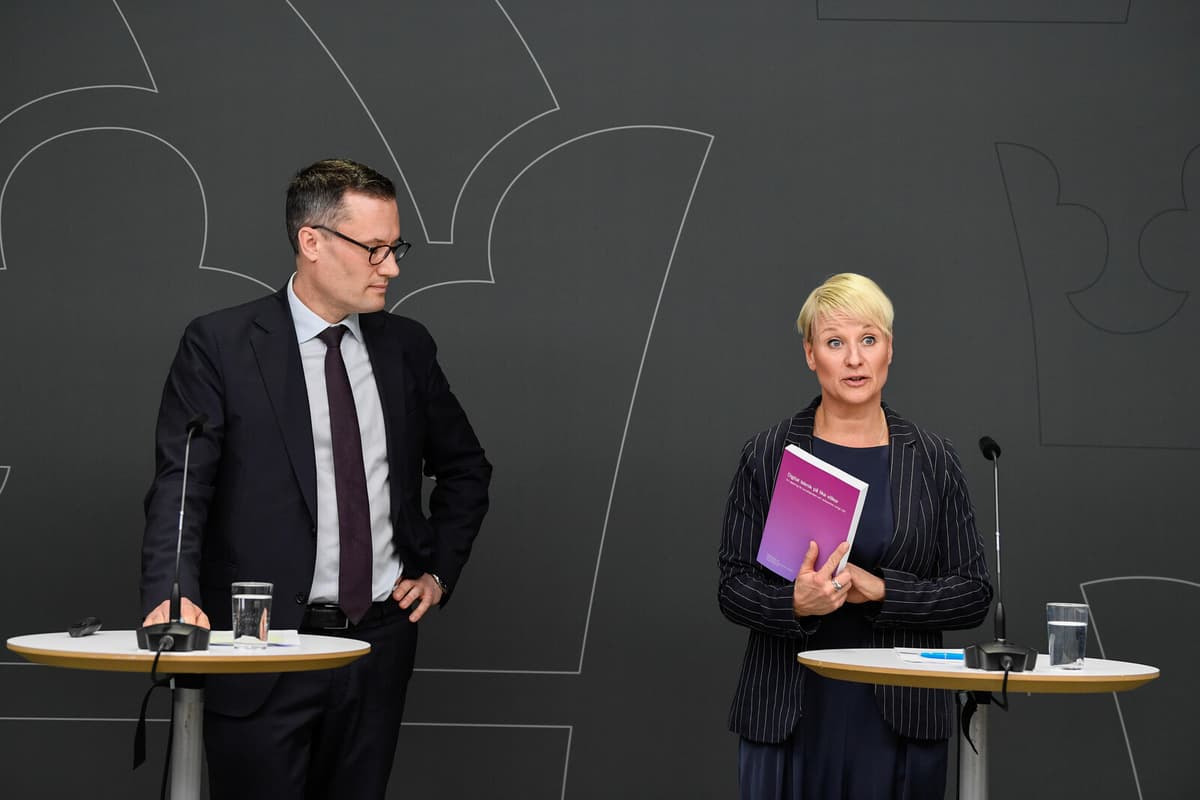It may, for example, involve the use of digital night surveillance with cameras, mattresses with built-in sensors that alarm when someone leaves the bed, or GPS that monitors where a person is located.
If the person has impaired decision-making capacity and cannot give consent, a person-centered assessment must be made, according to the proposal. It should take its starting point in the person's will and needs to be investigated in different ways, including through contact with relatives.
We have strived for an arrangement that is as similar to consent as possible, says Törngren.
The investigation also clarifies that other digital welfare technology, which is not considered particularly integrity-sensitive, may be used in all interventions.
We do not believe that there is a general obstacle to using digital technology, but today there is a great uncertainty in the municipalities. Therefore, we see a need for general clarification.
The purpose of the investigation has been to enable more people to take part in interventions with digital welfare technology by clarifying the legal uncertainty that has prevailed in the area. Above all, the uncertainty has concerned people with impaired decision-making capacity.
This is an important piece of the puzzle for welfare technology to be available to everyone. More digital technology for more people can provide opportunities for increased freedom and increased security, says Minister for Elderly Care and Social Insurance Anna Tenje (M) when she receives the investigation at a press conference.






